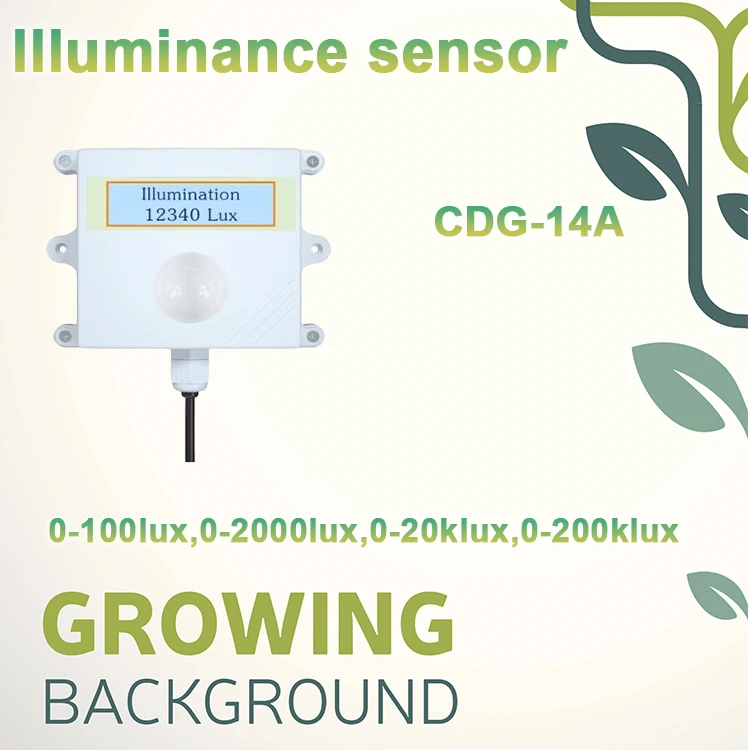
# Light Detector Technology Advancements
## Introduction to Light Detectors
Light detectors, also known as photodetectors, are essential components in various applications ranging from consumer electronics to scientific research. These devices convert light signals into electrical signals, enabling the measurement and analysis of light properties.
## Recent Breakthroughs in Light Detector Technology
### 1. Quantum Dot Photodetectors
Researchers have made significant progress in developing quantum dot-based light detectors. These detectors offer:
– Enhanced sensitivity across a broad spectrum
– Improved quantum efficiency
– Better performance in low-light conditions
### 2. Graphene-Based Photodetectors
Graphene’s unique properties have led to the development of ultra-fast light detectors with:
– Exceptional response times (picosecond range)
– Broadband light detection capabilities
– High thermal and chemical stability
## Applications of Advanced Light Detectors
The latest generation of light detectors is being implemented in various fields:
- Medical imaging systems with higher resolution
- Autonomous vehicle sensors for improved object detection
- Environmental monitoring equipment
- Advanced security systems
- Space exploration instruments
## Challenges and Future Directions
Current Limitations
Despite significant advancements, light detector technology still faces challenges such as:
- Cost-effective mass production
- Integration with existing systems
- Maintaining performance at extreme temperatures
Emerging Research Areas
Future developments may focus on:
- Bio-inspired photodetector designs
- Hybrid material systems
- Nanoscale detector arrays
- Self-powered light detection systems
## Conclusion
The field of light detector technology continues to evolve rapidly, with new materials and designs pushing the boundaries of what’s possible. These advancements promise to revolutionize numerous industries and open up new possibilities in scientific research and technological applications.
Keyword: light detector